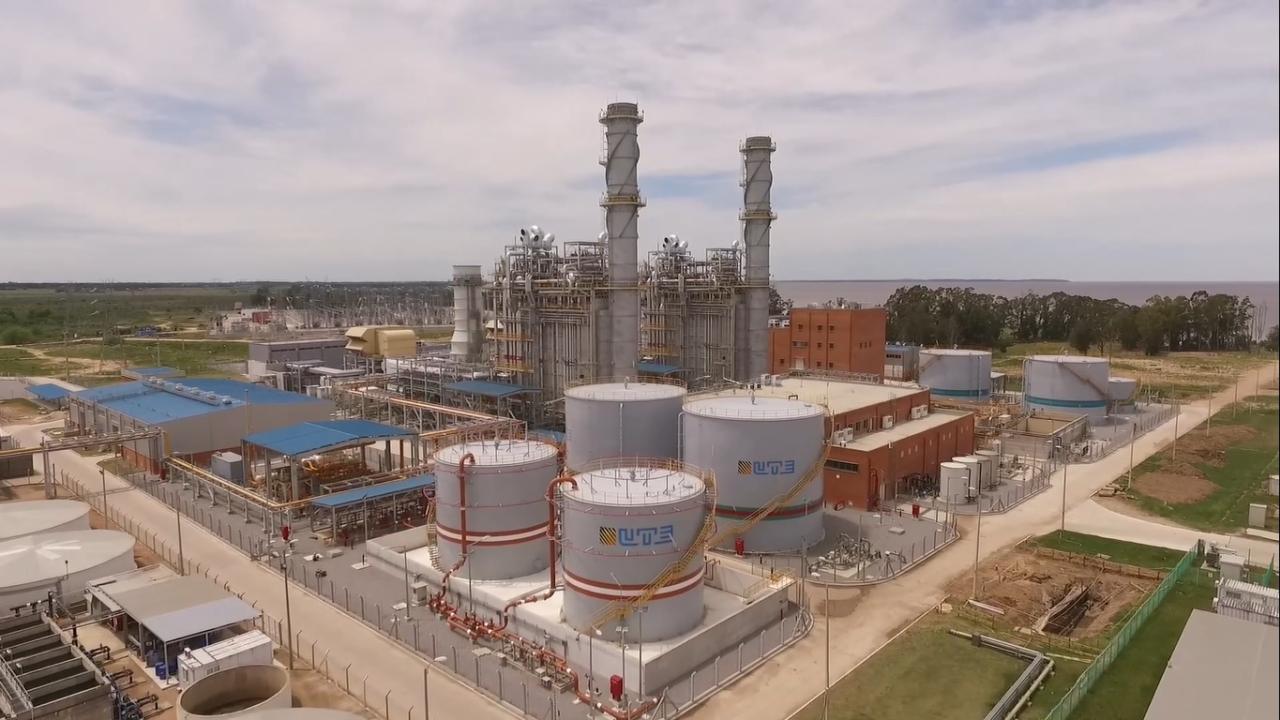
In recent days, Uruguay has increased energy exports to its neighbor, which prioritizes gas for residential use in the midst of the cold wave.
Sales of electrical energy from Uruguay to Argentina increased in the last few hours, hand in hand with the increase in demand due to the cold wave and the restrictions that the latter country faces in the gas sector.
Between Thursday and Monday afternoon, Uruguayan energy exports totaled about 93 GWh. About half of those placements were recorded over the weekend, when there were operations consistently on Saturday and Sunday.
To meet Argentina's requirement, Uruguay resorted to turning on thermal generation (engines and combined cycle) , according to sources in the sector told El Observador .
Given the good production levels of the hydroelectric dams, thermal power plants have almost not been used to supply local demand so far this year. Surpluses of renewable origin (wind, solar and water) have also been exported.
The prices of transactions with Argentina are currently between US$ 80 MWh and US$ 210 MWh, depending on the origin of the block offered. So far this month, some 230 gigawatt hours (GWh) have been placed towards that market, which has positioned itself as the main customer in the region for Uruguay in 2024.
RESTRICTIONS ON GAS SUPPLY IN ARGENTINA
Last Friday, the Argentine government instructed energy companies to cut or restrict interruptible gas supplies to industries and service stations to prioritize residential users, due to lower temperatures than usual for this time of year. as reported by the Ministry of Energy of Uruguay in a statement.
In addition, it requested the Wholesale Electricity Market Administration Company (Cammesa), as a large buyer of gas, to make use of gas transportation in the interruptible mode only up to the technical minimum necessary to sustain the electrical system, and to use alternative fuels to sustain electrical demand.
Thus, energy generating companies are replacing the use of gas with liquid fuels, which are more expensive, therefore, there will be an impact on electricity costs, which will be absorbed by the Treasury, reported the newspaper La Nación .
In this context, Cammesa last week put out to tender the acquisition of 350,000 m3 of diesel oil and five m3 of fuel oil for 200,000 tons in total to supply electricity generation.
Cammesa's entry into the market in search of fuel is due to the reduction of natural gas available in the system, due to the current limitations to transport energy, which reside in the lack of capacity in the gas pipelines during peaks. demand, Argentine media reported.
The Secretary of the Government of Javier Milei, who took office on December 10, indicated that these measures are implemented within the framework of "the vulnerability of the gas system derived from its insufficient infrastructure for decades due to lack of investment (which generates bottlenecks). bottle in the gas fluid).
Also due to "the reduction in supply from Bolivia, based on agreements of the previous administration." And for "exceptionally high consumption" of priority demand, that is, residential users of natural gas, from 45 million m3 per day to 70 million m3 per day.










